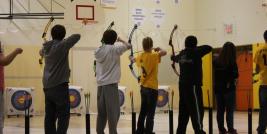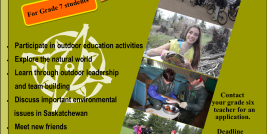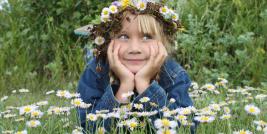|
|
|
Outcomes
|
Indicators
|
Grade 8
|
Science
|
FD8.1 Investigate and represent the density of solids, liquids, and gases based on the particle theory of matter.
|
c,d,e,g,h
|
|
Science
|
FD8.2 Examine the effects of forces in and on objects in fluids, including the buoyant force.
|
f,i,l
|
|
Science
|
WS8.1 Analyze the impact of natural and human induced changes to the characteristics and distribution of water in local, regional, and national ecosystems.
|
b,c,d,e,f,g
|
|
Science
|
WS8.2 Examine how wind, water, and ice have shaped and continue to shape the Canadian landscape.
|
g,h
|
|
Science
|
WS8.3 Analyze natural factors and human practises that affect productivity and species distribution in marine and fresh water environments.
|
a,c,e,f,g,h
|
|
Health
|
USC8.6 Examine and assess the concept of sustainability from many perspectives, and develop an understanding of its implications for the well-being of self, others, and the environment.
|
b,c,d,f,g
|
|
Phys Ed
|
PE8.8 Apply and adapt selected activity-related skills (e.g., carrying, paddling, gripping, hanging, wheeling, digging, fire building, snow ploughing, compass reading) and strategies required for participation in alternate environment activities (e.g., backpacking, hiking, cycling, overnight camping, canoeing, snowshoeing, wall climbing, in-line skating, skate boarding, cross-country skiing, tracking, roping, dog sledding, skating, orienteering, downhill skiing, tobogganing, quinzhee building).
|
a,c,d,e,g,h,i,j
|
|
Phys Ed
|
PE8.12 Demonstrate the skills required to administer basic first aid (e.g., scene management, seeking help, treating minor injuries, applying precautions for body fluids) required as a result of injury caused by participation in movement activities.
|
a,b,c,d,e,f
|





